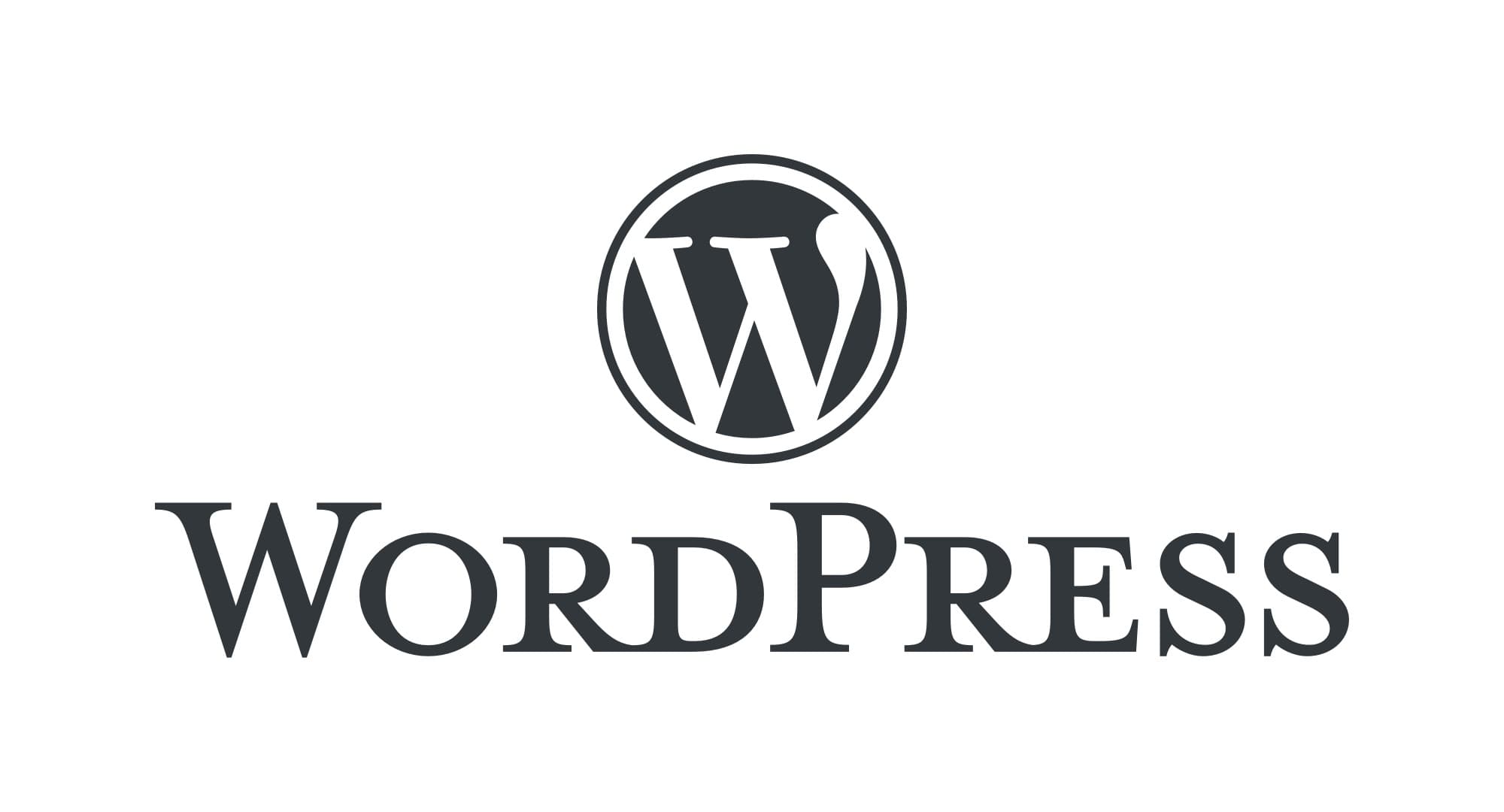What is WordPress?
This year I celebrate 10 years working with WordPress professionally, full time. This means that it is the platform that I get paid to work with (since technically I have been working with it for about 15 years). And although it is not the only platform I have worked with, it is the one I have spent the most time with throughout my career, and it holds a very special place in my heart for everything I have learned and what it has allowed me to do.
That is why I am surprised that I have not created a post about what WordPress is, what it is for, how it works, and other questions that I have been asked (and have asked) over the years. So here I am, sharing a little of my knowledge and experience with this platform.
Let's start with the first one:
What is WordPress?

In a nutshell, WordPress is a content management system (CMS1). That is, it is a software that allows us to create, edit, and manage content on a website without the need to know how to program.
This is useful for people who do not have technical knowledge, but who want to have a website, which is why WordPress originally gained its popularity. Being used mainly in the blog boom, it allowed many people to have their own space on the internet without having to create it from scratch.
What is WordPress for?
I previously mentioned that WordPress gained its popularity in the blog boom, so for a long time it was considered a platform only for blogs. However, over time and updates, WordPress has evolved to be a platform more versatile. Today (and for many years) I maintain that you can do practically whatever you want in WordPress.
Some of the projects I have personally worked on include:
- Online stores (one of the most popular uses of WordPress)
- Webcomic archives
- Art galleries
- News sites / newspapers / magazines (another of the most popular)
- Educational sites
- School yearbooks
- Room service / hotel screens
- Forums / Online communities
As you can see, the uses are incredibly varied, these are just some of the ones I have worked on personally in 10 years. Imagine all those that I have not even considered.
The history
According to the official WordPress site, WordPress began in 2003 when Mike Little and Matt Mullenweg created a fork of b2 looking for a way to improve its code, create a simpler installation (in those days, there were no "installers" online, and we had to have at least minimal knowledge of databases, FTP, and PHP to install it), and simply make it user-friendly.
Over time, WordPress continued to grow and evolve until today, when WordPress is used on 43% of the sites on the internet2 (!).
How does WordPress work?
WordPress works through a system of themes and plugins. Themes are responsible for how your website looks, while plugins are responsible for what your website can do.
For example, if you want your website to look like a blog, you can install a blog theme. If you want your website to have an online store, you can install an online store plugin.
In this way, you can have the functionality of your site separated from its appearance, and you can modify either of them without having to redesign your entire site every time you add a new functionality. Or without having to recreate important pieces of your site every time you decide to change themes.
Full Site Editing
In recent years, WordPress has been working on a new way to edit your website, called Full Site Editing. With this new way of editing your website, you can modify any part of your website without the need to know code. This is an incredibly big step for WordPress, as previously you needed to know code to modify important parts of your website. At the same time, it is the culmination of the original idea that was had when creating it, and it is to make things more user-friendly.
Conclusion
WordPress is an incredibly versatile platform that has evolved a lot since its inception. Today it is used on a large number of websites (almost half of the web), and is one of the most popular platforms on the internet. If you are looking for a platform for your website, I recommend that you consider WordPress, as it is a platform that will allow you to do practically whatever you want.
If you have any questions about WordPress, do not hesitate to contact me, I will be happy to help you. Or take a look at the blog section to learn more about WordPress and development in general.
Until next time!
Footnotes
-
CMS is the abbreviation for Content Management System ↩
-
How Many Websites Use WordPress in 2024? WordPress Statistics ↩